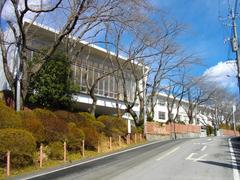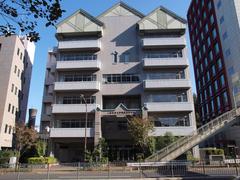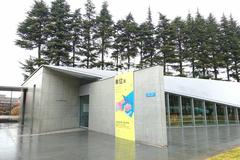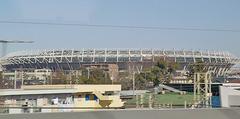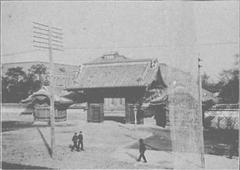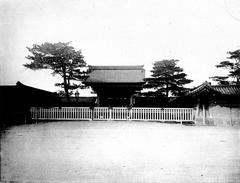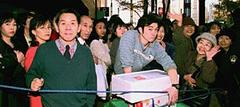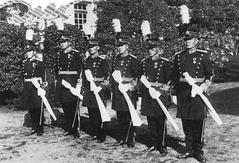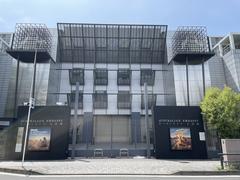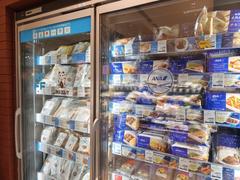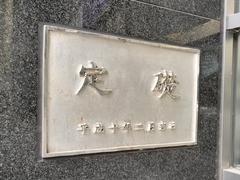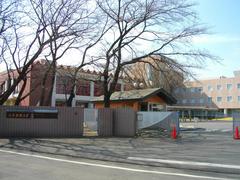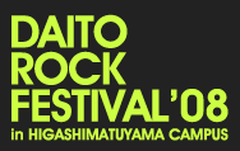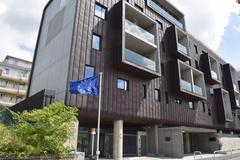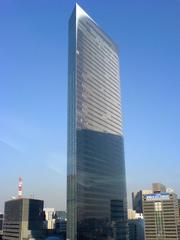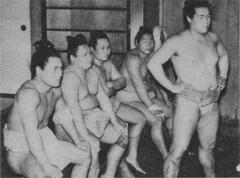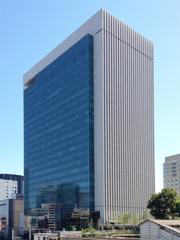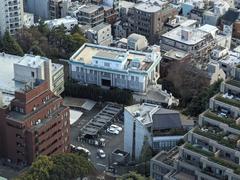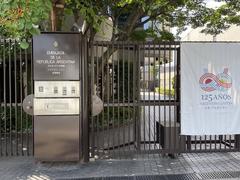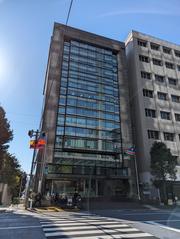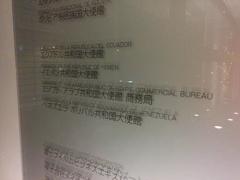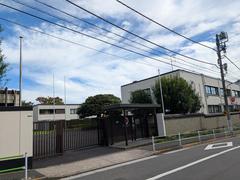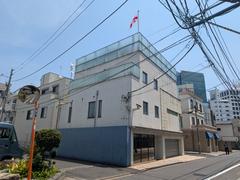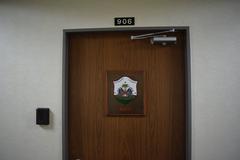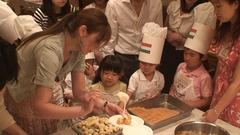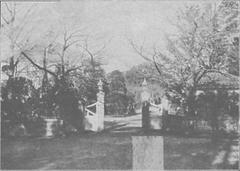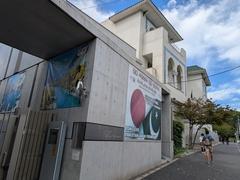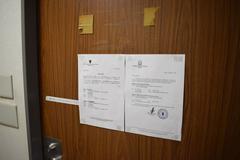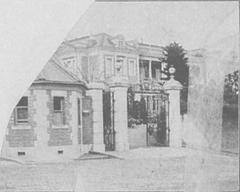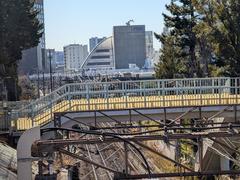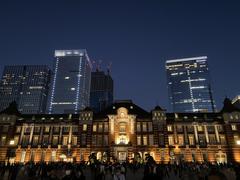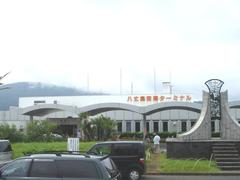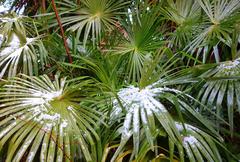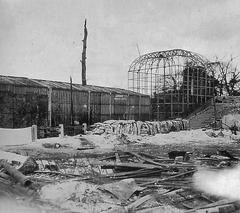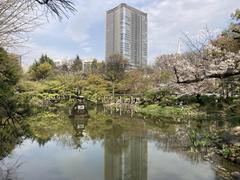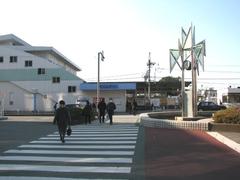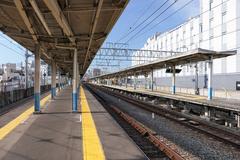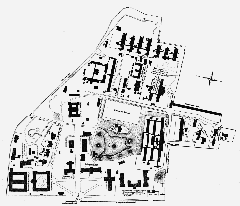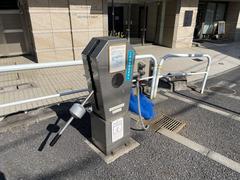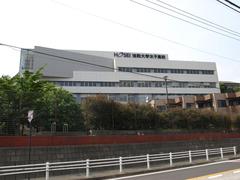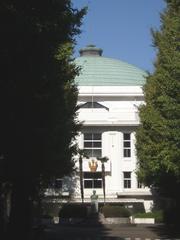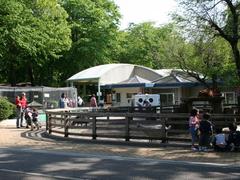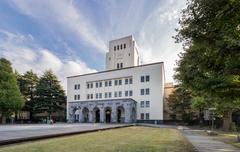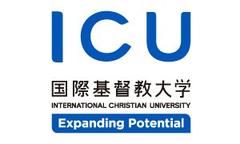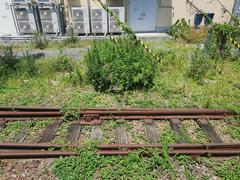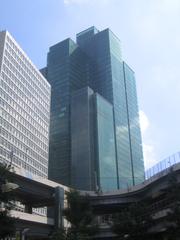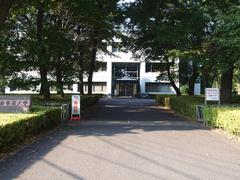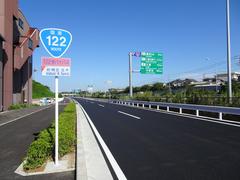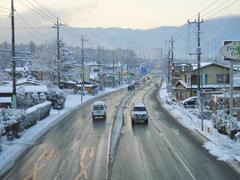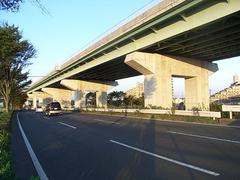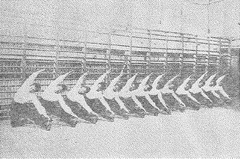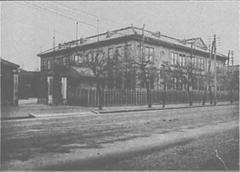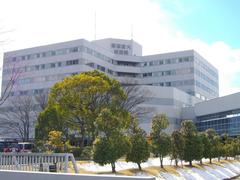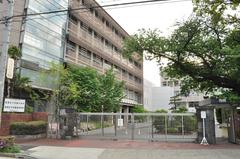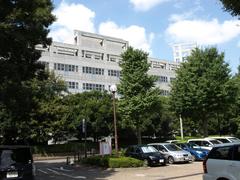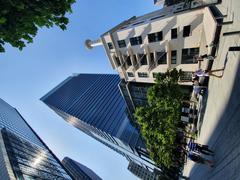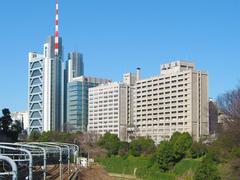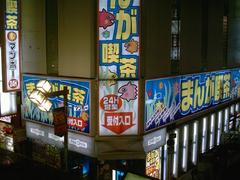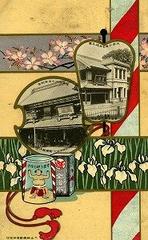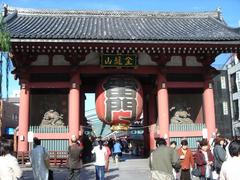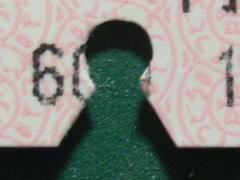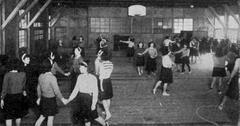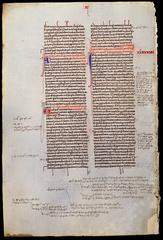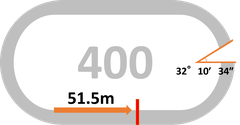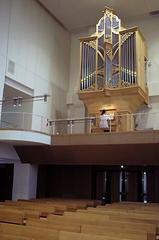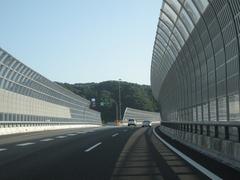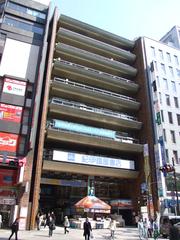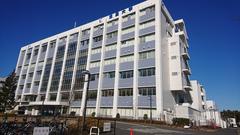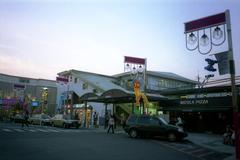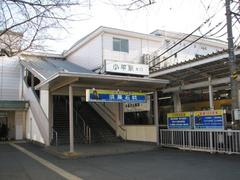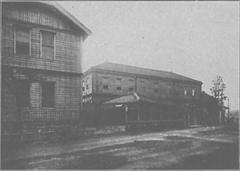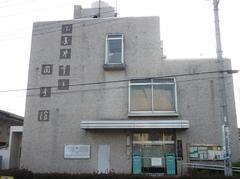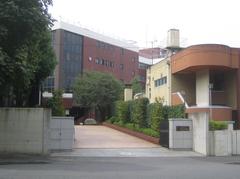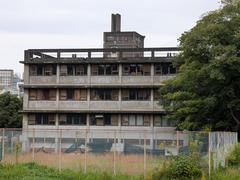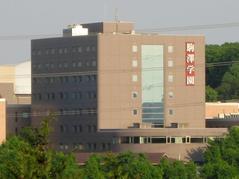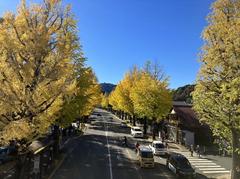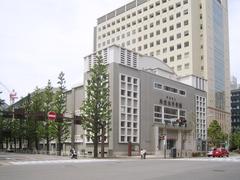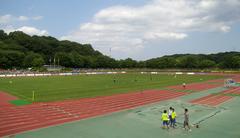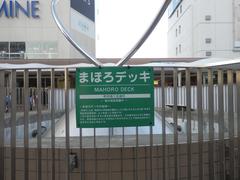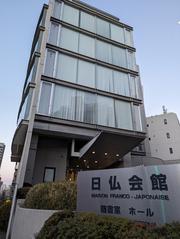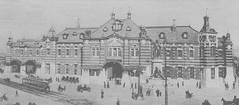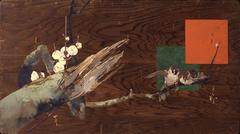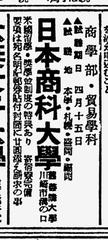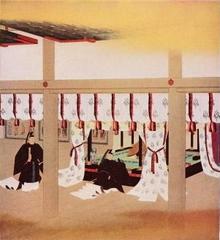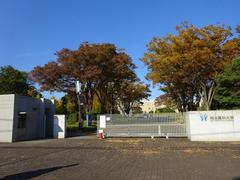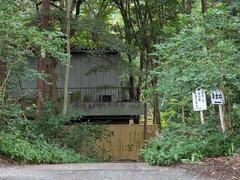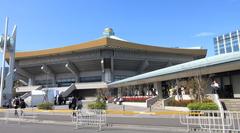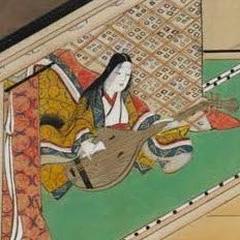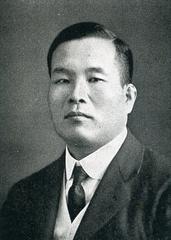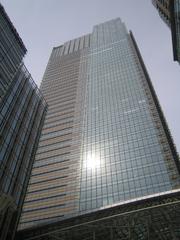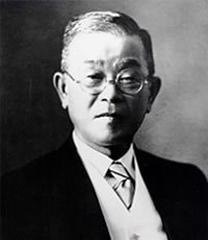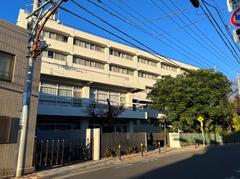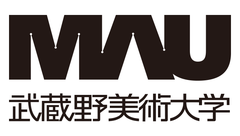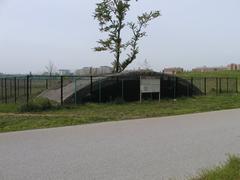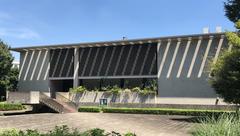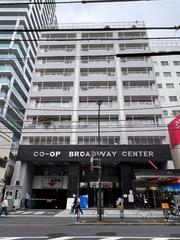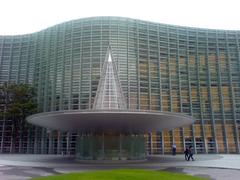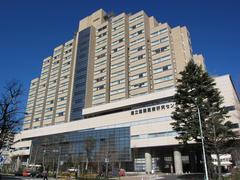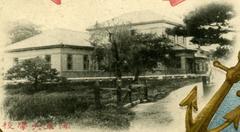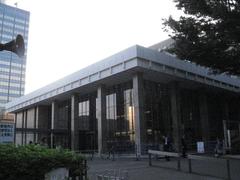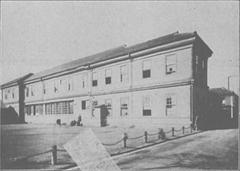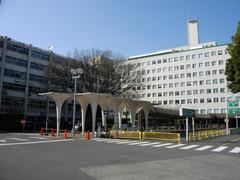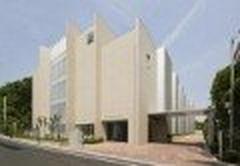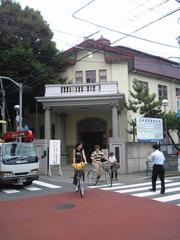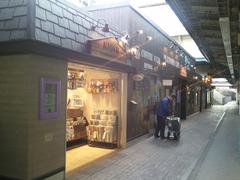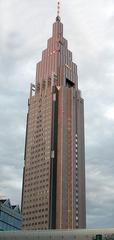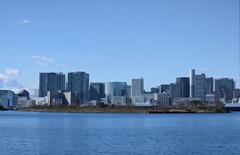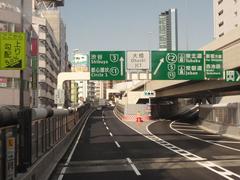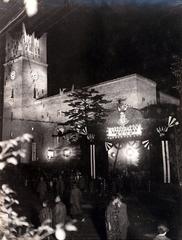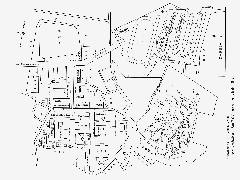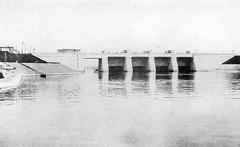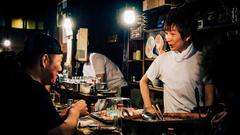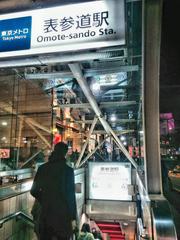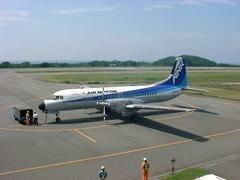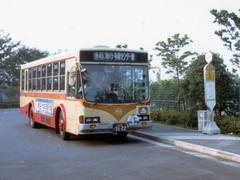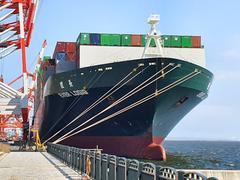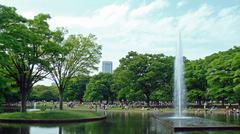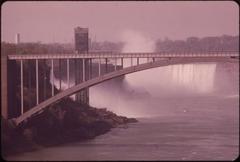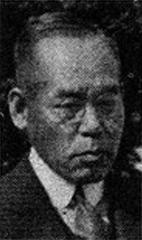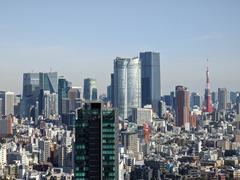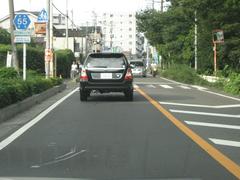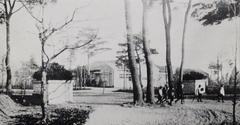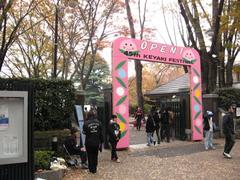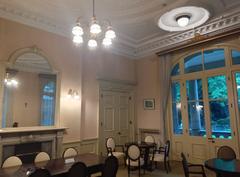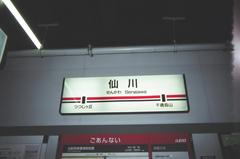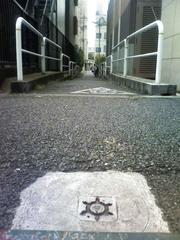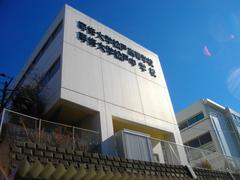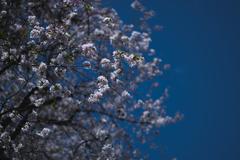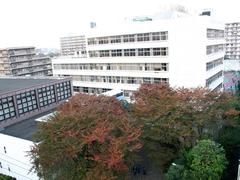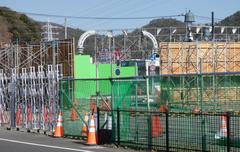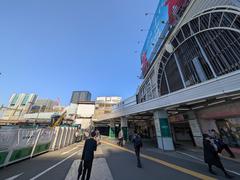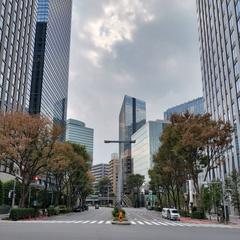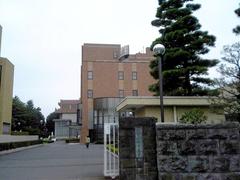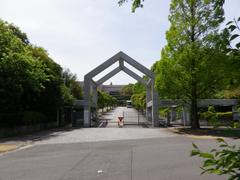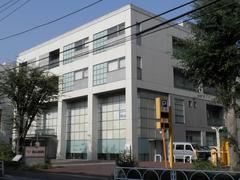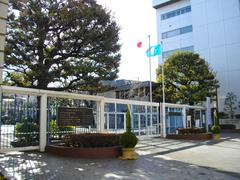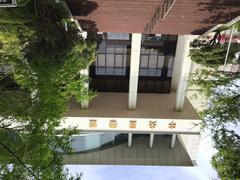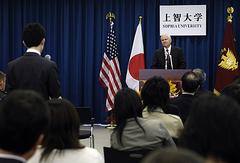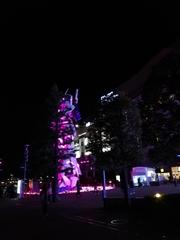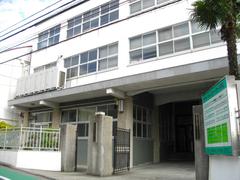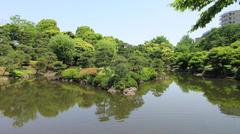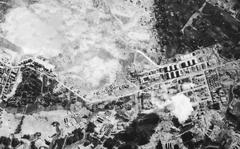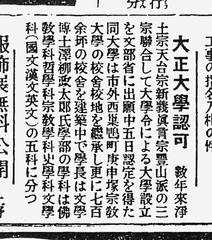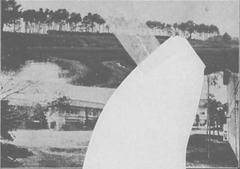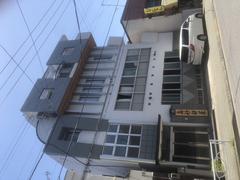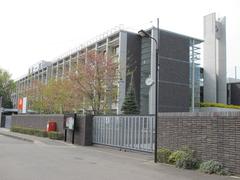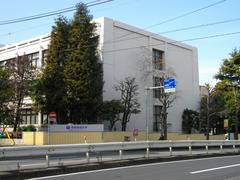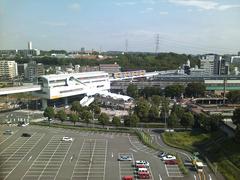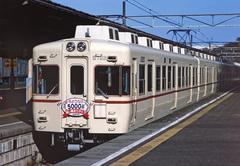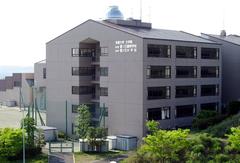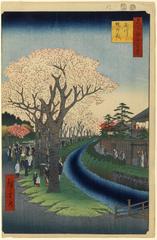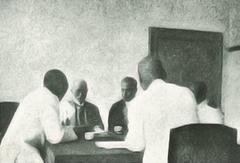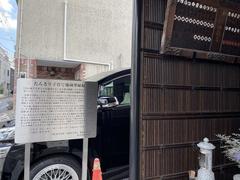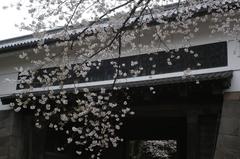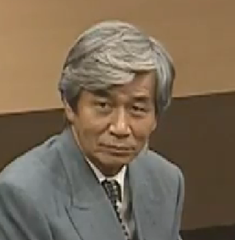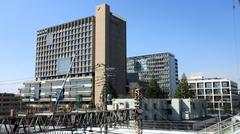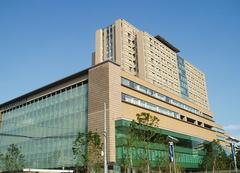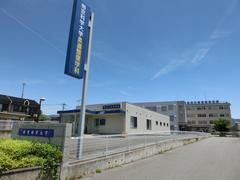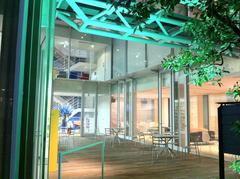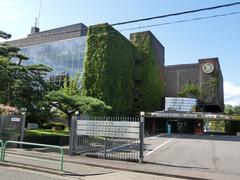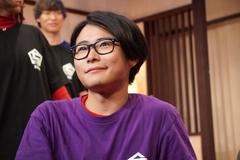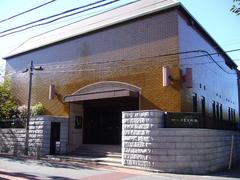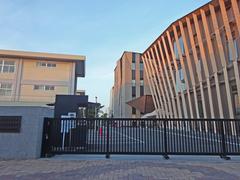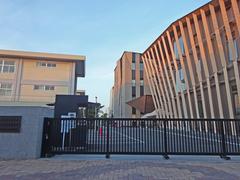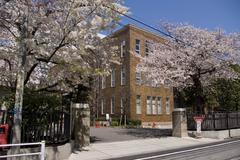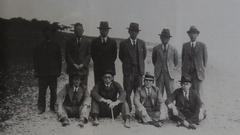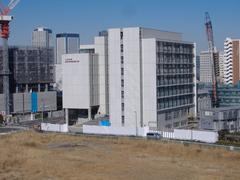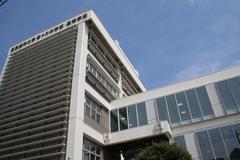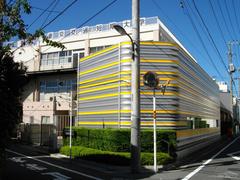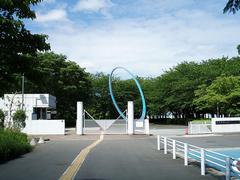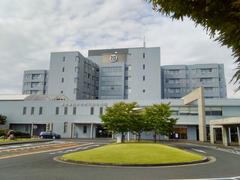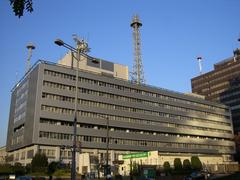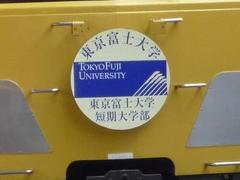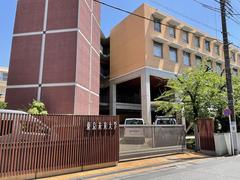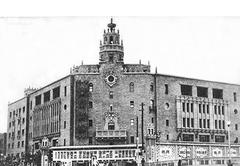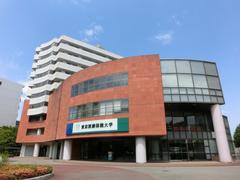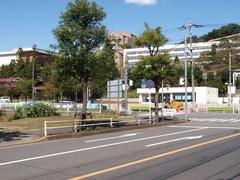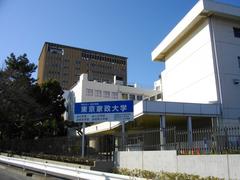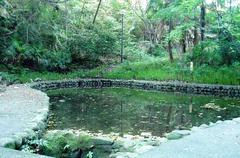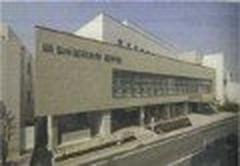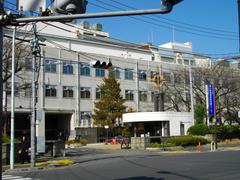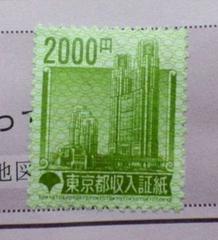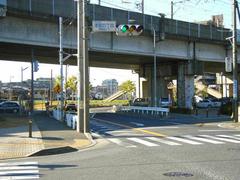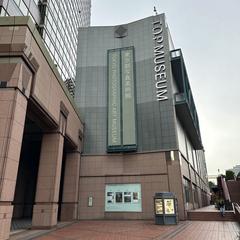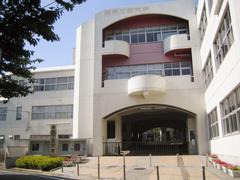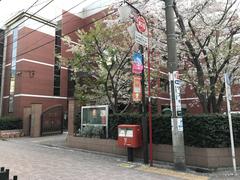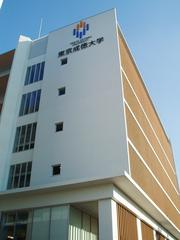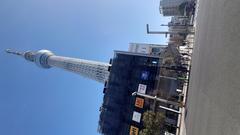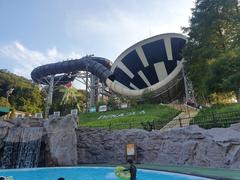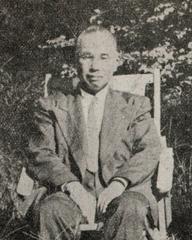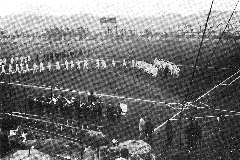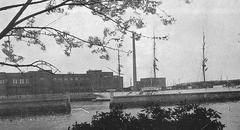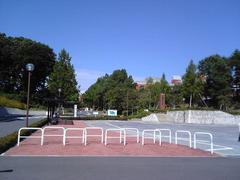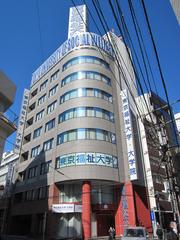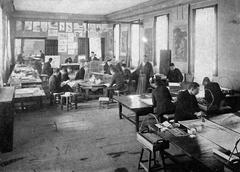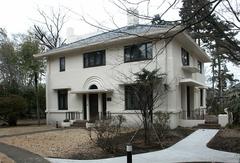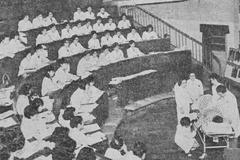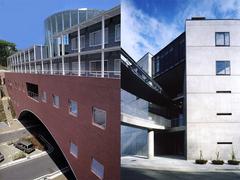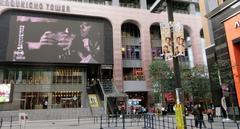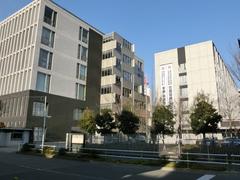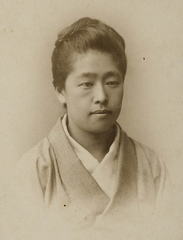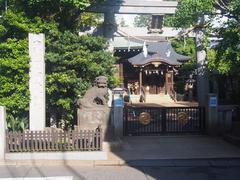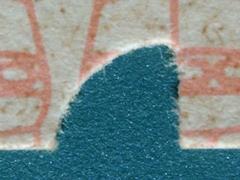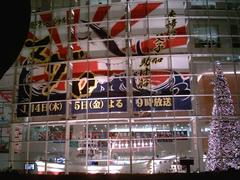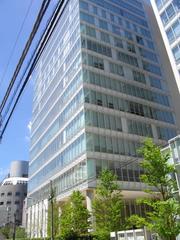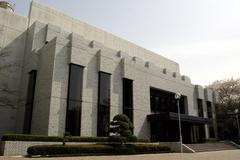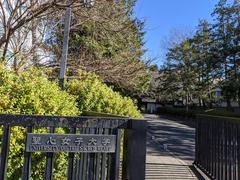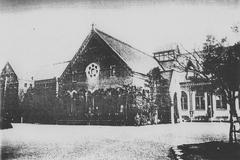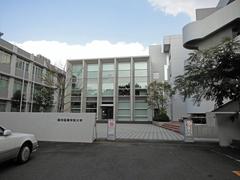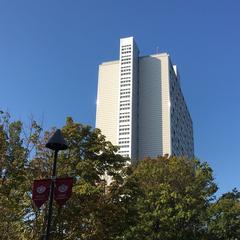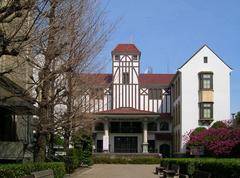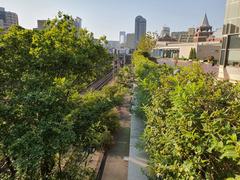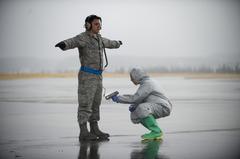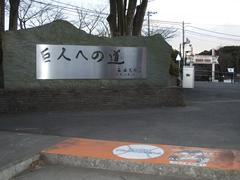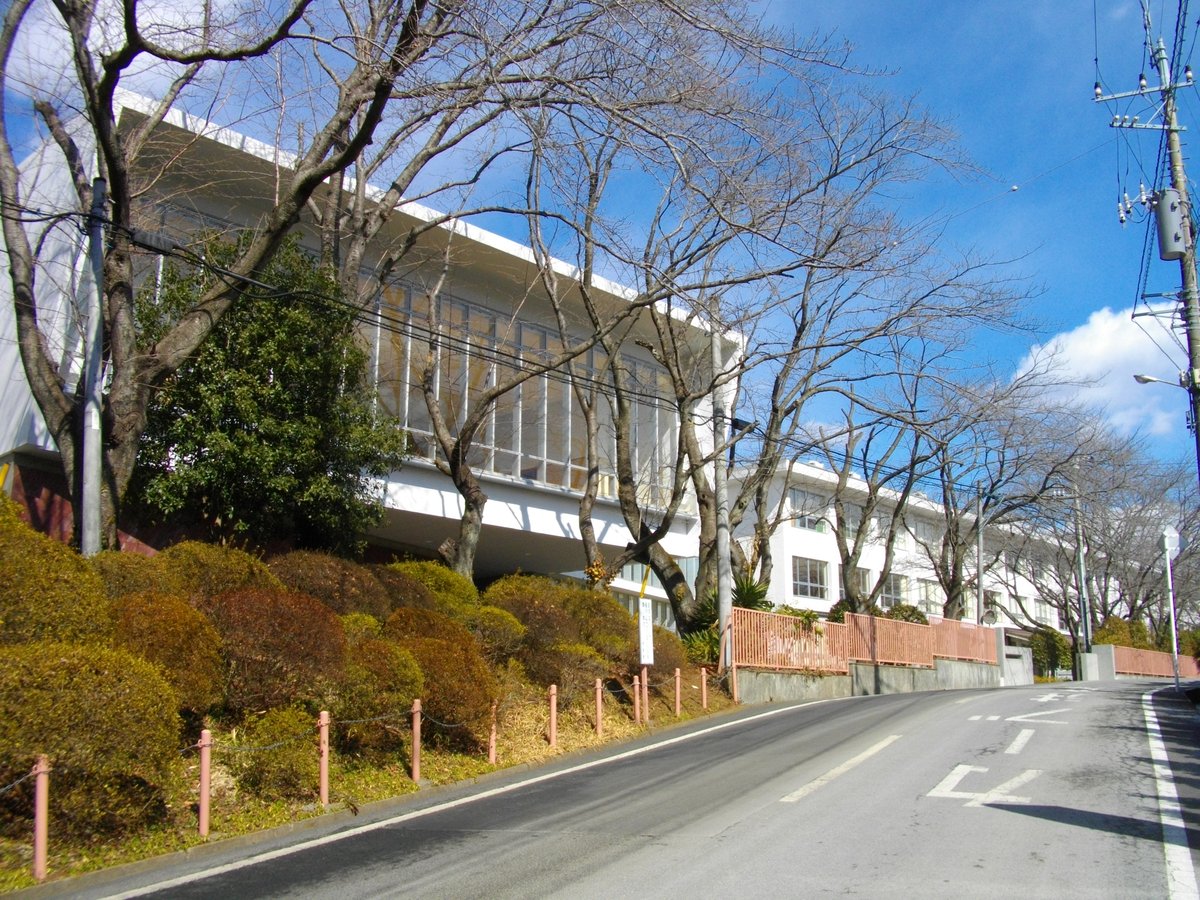
Nishogakusha University Visiting Guide: Tokyo Historical Site Information
Date: 14/06/2025
Introduction
Nishogakusha University, located in the vibrant Chiyoda district of Tokyo, is more than an esteemed academic institution—it is a historical and cultural landmark that traces its origins to Japan’s transformative Meiji era. Founded in 1877 by the renowned scholar Chushu Mishima, Nishogakusha began as a School of Sinology rooted in classical Chinese studies, serving as a bridge between traditional Asian scholarship and emerging Western knowledge. Today, this university upholds its legacy while embracing contemporary disciplines, making it a destination of interest for students, history enthusiasts, and travelers alike.
This comprehensive guide details the university’s historical significance, campus facilities, visiting logistics, and nearby attractions, ensuring a rewarding experience for all visitors. For the most current information, please refer to the Nishogakusha University official website and related resources (Educativ.net; Edarabia; Times Higher Education).
Historical Background
Origins and Early Foundations (1877–1945)
Nishogakusha University was established during a pivotal period in Japanese history. Its founder, Chushu Mishima, envisioned an institution that would nurture leaders for modernizing Japan, emphasizing the study of Chinese classics as a moral and intellectual foundation (Educativ.net; Edarabia). The school quickly became a center for scholarship in Chinese literature and calligraphy, contributing significantly to the development of education and public life in Japan (Times Higher Education).
Postwar Transformation and University Charter (1945–1997)
Following World War II, Nishogakusha adapted to sweeping educational reforms. The institution expanded to include a vocational school for training teachers in classical studies and established Nishogakusha High School in 1948. The university was officially chartered in 1949, cementing its role as a comprehensive center for higher education (Nishogakusha 140th Anniversary; Wikipedia). Throughout this era, Nishogakusha maintained its focus on literature and humanities, producing influential educators and scholars (Educativ.net).
Modernization and Expansion (1997–Present)
In 1997, Nishogakusha attained full accreditation from the Japan University Accreditation Association (Educations.com). The university now houses two main faculties—Literature and International Politics and Economics—and offers innovative programs in areas such as Urban Culture Design and International Business (Edarabia). With over 3,000 students, including more than 100 international students, the Kudan Campus continues to serve as a hub for cultural and academic exchange (International Exchanges, University of Lille; Times Higher Education).
Visiting Nishogakusha University: Practical Information
Location and Access
- Address: 1-6-1 Kudan-Minami, Chiyoda-ku, Tokyo
- Nearest Stations: Kudanshita Station (Tokyo Metro Tozai, Hanzomon, and Toei Shinjuku Lines), Iidabashi Station (JR, Tokyo Metro), and Jimbocho Station
The campus is conveniently located near major train and subway lines, making it easy to reach from anywhere in Tokyo. Access details and clear signage in both Japanese and English help guide visitors.
Visiting Hours and Campus Tours
- General Hours: Monday–Friday, 9:00 AM to 5:00 PM (excluding public holidays)
- Campus Tours: Guided tours are available by appointment via the International Center, particularly for academic groups or those interested in cultural insights.
Admission and Entry
- Admission: Free for general campus access
- Special Events: Some exhibitions or cultural events may require tickets or prior registration. Check the official website for current events and ticketing.
Accessibility
The campus is fully wheelchair accessible, with elevators, ramps, and accessible restrooms in all main buildings. Assistance can be arranged through staff upon request.
Facilities and Amenities
- Libraries: Over 300,000 volumes, including rare manuscripts and classical texts
- Cafeteria: Affordable Japanese and international cuisine (peak hours: 12:00–1:00 PM)
- Souvenir Shop: University merchandise and local snacks
- Rest Areas: Benches and shaded seating throughout the campus
- Exhibition Spaces: Regular calligraphy and literature exhibitions open to the public
Campus Highlights and Architectural Features
The Kudan Campus is celebrated for its harmonious blend of traditional Japanese architecture and modern academic facilities. Iconic features include:
- Main Gate: Inspired by classical Japanese aesthetics
- Courtyards: Tranquil spaces with pine trees, symbolizing resilience and scholarly pursuit
- Modern Lecture Halls: Equipped with the latest educational technology
- Library: A focal point for researchers and literature enthusiasts
Suggested Visuals: Images of the main gate, library interiors, cherry blossoms on campus, and serene courtyards (with descriptive alt tags such as “Nishogakusha University main gate – Tokyo historical site”).
Nearby Attractions
Enhance your visit by exploring several historical and cultural sites within walking distance:
- Imperial Palace East Gardens: Open 9:00 AM–4:30 PM (closed Mondays/Fridays), free admission (Imperial Palace East Gardens)
- Yasukuni Shrine: 6:00 AM–6:00 PM, free admission (Yasukuni Shrine official site)
- Kitanomaru Park: Perfect for cherry blossom viewing and picnics
- Jimbocho Book Town: Renowned for rare and antique bookshops, a haven for literary enthusiasts
Cultural Events and Academic Life
Nishogakusha University hosts a variety of public lectures, cultural festivals, and exhibitions focused on Japanese literature, East Asian studies, and calligraphy. The university fosters a vibrant academic community with small class sizes and personalized instruction, and occasionally offers international symposia open to visitors (Edarabia).
Notable Alumni and Legacy
Nishogakusha has nurtured many influential figures, including:
- Natsume Sōseki: Novelist, author of Kokoro, Botchan, and I Am a Cat (Edurank)
- Jigorō Kanō: Founder of judo
- Tsuyoshi Inukai: Former Prime Minister
- Raichō Hiratsuka: Pioneer of Japanese feminism
- Eiichi Shibusawa: “Father of Japanese capitalism” and former university president
- Shigeru Yoshida: Postwar Prime Minister and university president (Nishogakusha 140th Anniversary)
Sustainability and Community Engagement
The university is committed to sustainability, with green campus initiatives and active partnerships with local organizations on urban and cultural projects, reflecting its engagement in Tokyo’s evolving landscape.
Visitor Tips
- Language: Some signs are in English, but bringing a translation app is helpful
- Cash: Some campus areas may accept only cash
- Wi-Fi: Free Wi-Fi available in public areas and the library (registration may be required)
- Photography: Generally permitted in public areas; restrictions may apply during certain events
- Best Seasons: Visit in spring for cherry blossoms or autumn for vibrant foliage (Tokyo Autumn Tips)
- Etiquette: Respect class hours, use designated smoking areas, and maintain quiet in study spaces
Frequently Asked Questions (FAQ)
Q: What are Nishogakusha University’s visiting hours?
A: Monday–Friday, 9:00 AM–5:00 PM
Q: Is there an admission fee?
A: No, campus access is free, but some events may require tickets
Q: Are guided tours available?
A: Yes, by appointment through the International Center, especially for groups
Q: How do I get to the Kudan Campus?
A: By Tokyo Metro (Kudanshita, Iidabashi, Jimbocho stations); short walk from stations
Q: Is the campus accessible for visitors with disabilities?
A: Yes, elevators, ramps, and accessible restrooms are available
Q: Can tourists attend lectures or exhibitions?
A: Many public events are open to visitors—check the university’s event calendar
Plan Your Visit
For the latest details on hours, events, and exhibitions, consult the Nishogakusha University official website and Campus Map and Visitor Information. Combining your campus visit with nearby sites like Yasukuni Shrine and the Imperial Palace will enrich your experience of Tokyo’s historical heritage.
Useful Links
- Nishogakusha University Official Website
- Campus Map and Visitor Information
- Tokyo Metro Kudanshita Station
- Yasukuni Shrine official site
- Imperial Palace East Gardens info
- Edarabia University Profile
- Educativ.net Profile
- Times Higher Education Ranking
- Univ-Journal Campus Guide
Final Thoughts
Nishogakusha University stands as a testament to Japan’s enduring educational traditions and its continued innovation in the modern era. Its accessible campus, historical significance, and proximity to Tokyo’s premier cultural sites make it a rewarding destination for anyone seeking to explore the intellectual and cultural heart of the city. Before your visit, check official sources for updates on opening hours and special events. Enhance your Tokyo journey with curated guides and real-time updates via the Audiala app, and follow official channels for the latest news.
